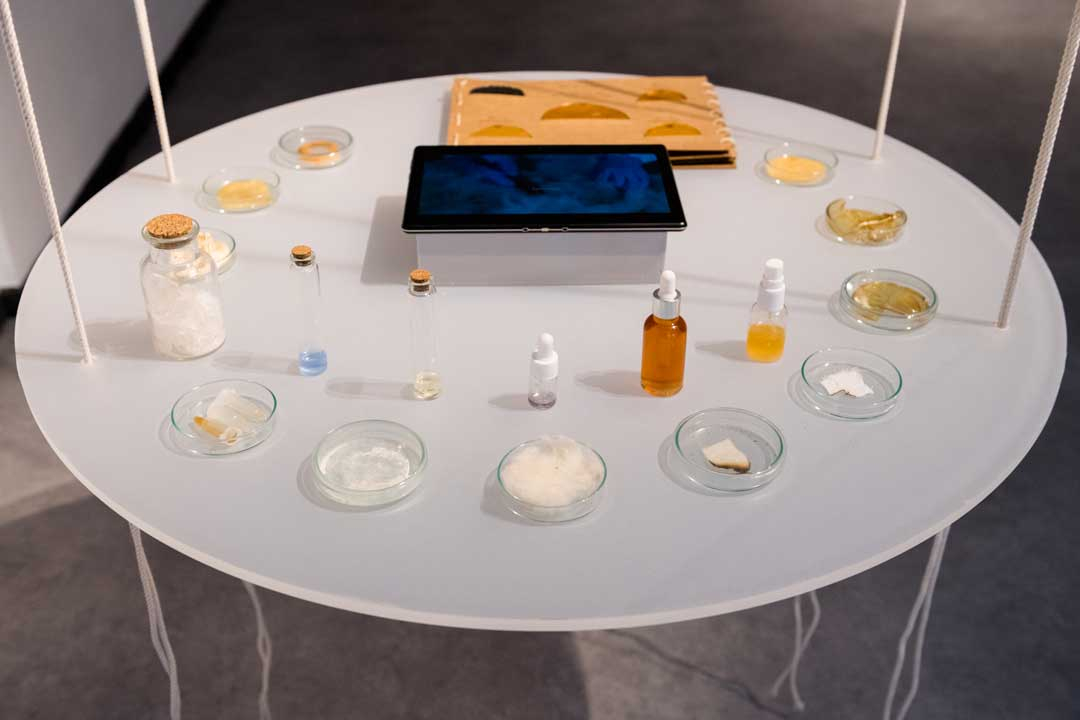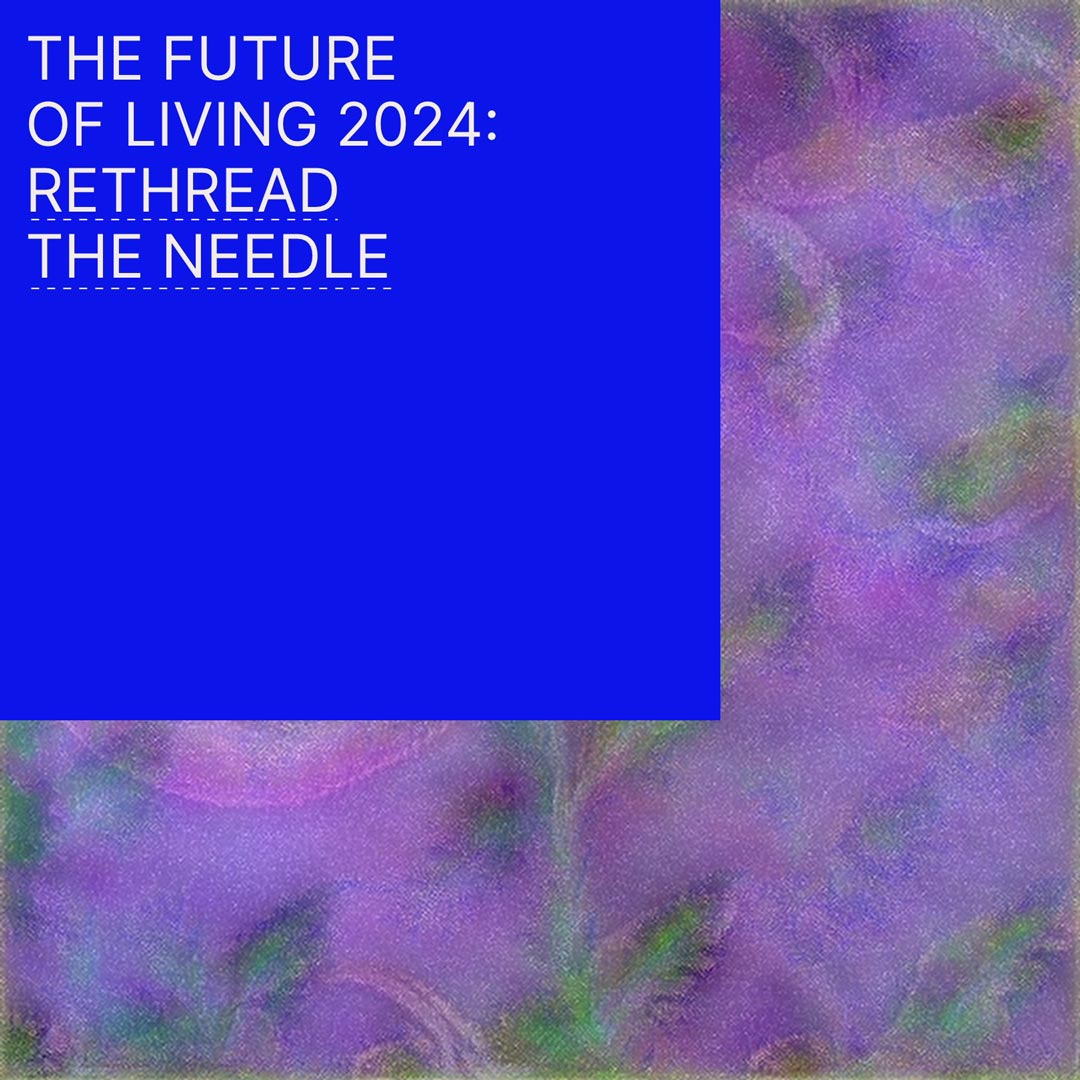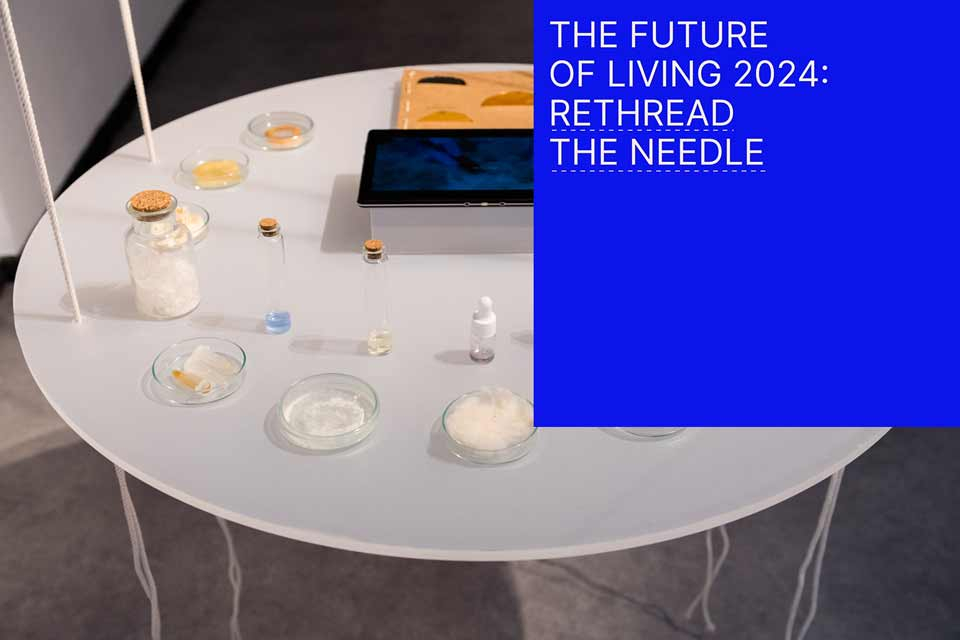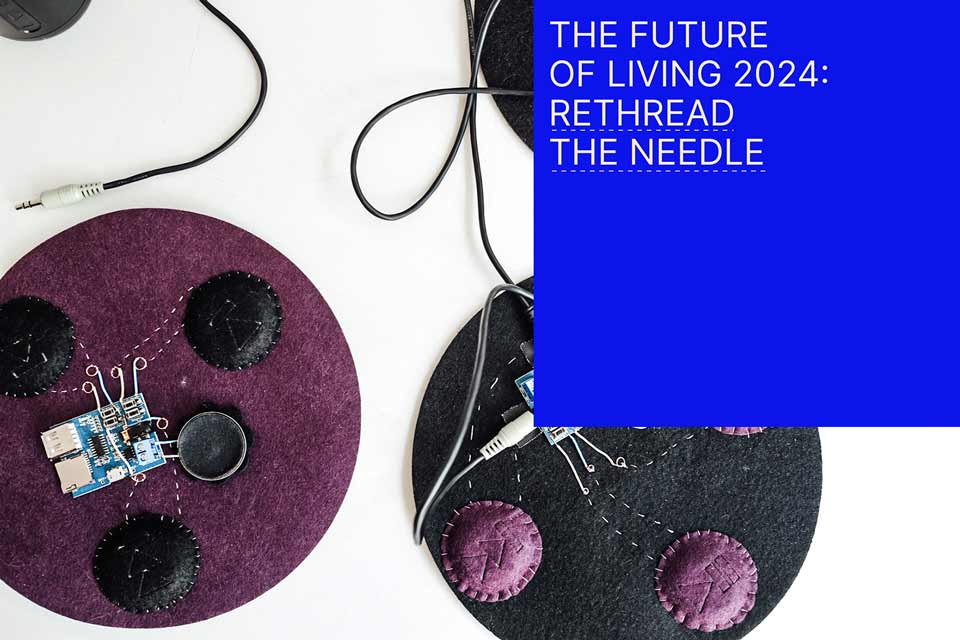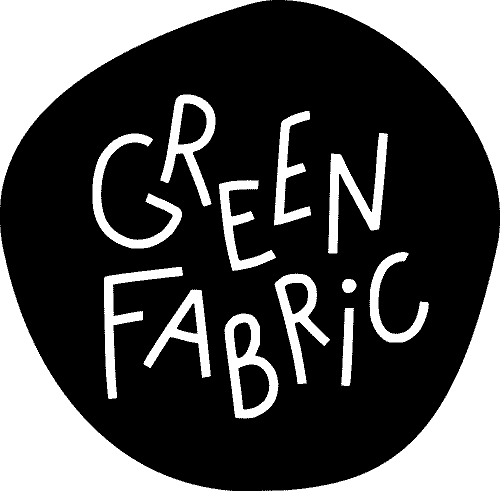Petra Garajova
She is a Slovak multidisciplinary designer with a background in architecture exploring biobased materials, digital manufacturing, and textiles. Passionate about merging art, technology, and design education, she inspires students through hands-on experiences. Currently, she works as a Fabricademy Local Instructor and Materials & Textiles Expert at Fab Lab Barcelona. Co-founder of an Experimental Design platform, she uses fashion to connect nature, soft materials, and the body with new technologies.
🔗 (link: https://fablabbcn.org/team/petra-garajova text: https://fablabbcn.org/team/petra-garajova
En savoir plus